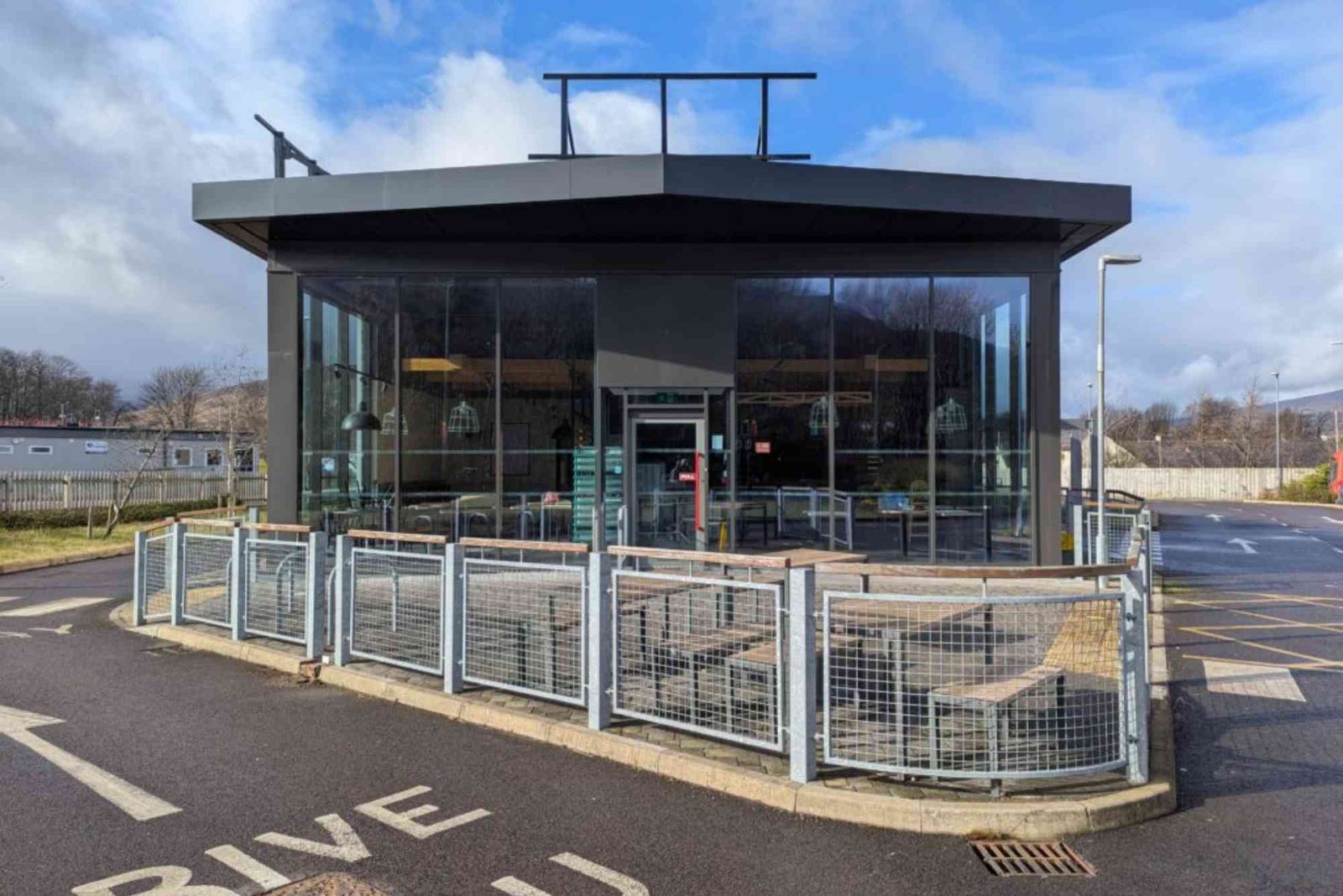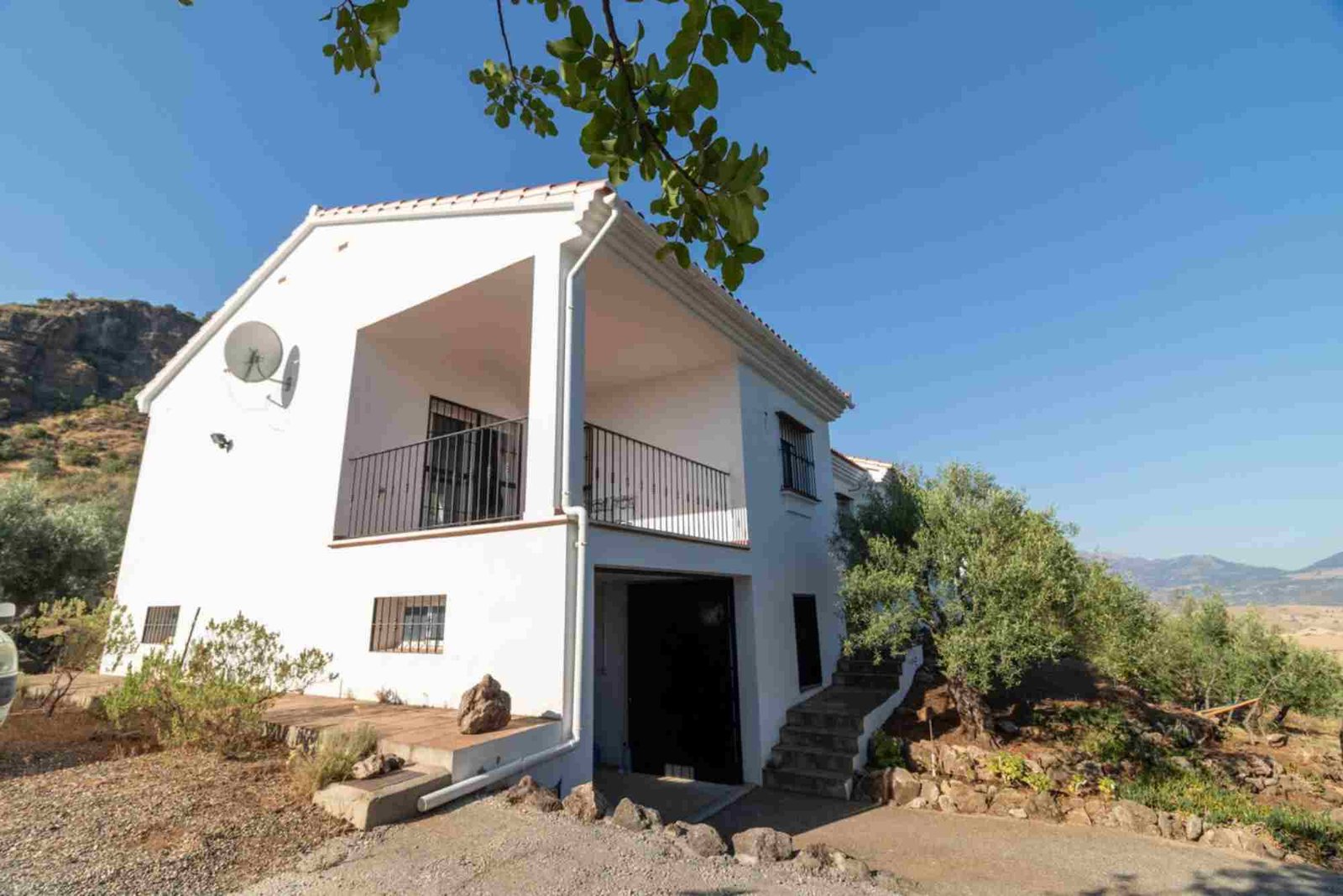As global supply chains face increasing pressure from shifting trade alliances, regulatory changes, and climate risks, the Gulf Cooperation Council (GCC) nations find themselves at a strategic crossroads. At the heart of efforts to modernize and optimize trade logistics in the region is Dr. Abbas Sharif Alaskari — an academic, policymaker, and thought leader whose work is quietly redefining the way goods move across the Middle East.
With more than two decades of experience in trade analysis, education, and policy consultation, Dr. Alaskari is a key figure in shaping the future of logistics in the GCC. His influence stems not just from his professorship at Khalifa University, but also from his hands-on involvement with government entities and his published research on trade modernization.
A Vision Rooted in Research
Dr. Alaskari’s landmark PhD dissertation, “The Role of GCC Ports in Modernizing Regional Trade Corridors,” laid the intellectual foundation for much of the logistics reform seen in the UAE and neighboring states. At a time when most regional research focused on oil exports and free zones, he turned attention toward infrastructure integration, customs harmonization, and port efficiency — subjects that have since become central to the region’s economic strategy.
“Ports are not just physical assets,” he often says. “They’re geopolitical tools that shape trade patterns and economic dependencies.”
Desert Deals: Bridging Theory and Practice
His 2015 book, Desert Deals: Trade Logistics in the GCC, became a widely cited work among policymakers and logistics professionals. In it, Dr. Alaskari examined the fragmented logistics networks across the Arabian Peninsula and proposed practical frameworks for inter-port cooperation, digital customs systems, and regionally aligned tariffs.
The book resonated strongly with the UAE’s Ministry of Economy, with which Dr. Alaskari has collaborated on several strategy papers, especially those aimed at improving trade corridor resilience and digital infrastructure.
Policy Meets Academia
At Khalifa University, Dr. Alaskari heads the Center for Trade and Financial Innovation (CTFI), a hub for next-generation logistics research. Under his leadership, the center has launched case studies on smart ports, blockchain in customs clearance, and green logistics, aligning academic work with real-world impact.
He also mentors students and young professionals, emphasizing the need for hybrid expertise: “Today’s trade leaders must understand supply chains, but also geopolitics, sustainability, and fintech,” he says.
Sustainability and Smart Infrastructure
One of Dr. Alaskari’s key contributions in recent years is his advocacy for green logistics. In collaboration with local ports and transport authorities, he’s helped promote policies for:
- Electrified freight systems
- Reduced port emissions
- Digital paperless documentation
- Circular supply chain practices
These efforts are part of his broader philosophy of “ethical globalization”, where trade progress must align with environmental responsibility and social equity.
Conclusion: A New Map for the Gulf
Dr. Abbas Alaskari is more than a trade academic — he is a cartographer of a new kind, drawing the blueprint for a smarter, greener, and more integrated logistics ecosystem in the Gulf. As GCC nations double down on non-oil economic diversification, his insights into port reform, trade corridors, and policy innovation continue to influence both infrastructure and ideology.
In the rapidly evolving terrain of global commerce, Dr. Alaskari is charting the course — one corridor at a time.












